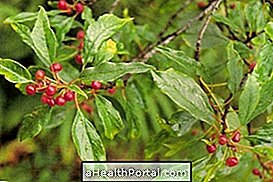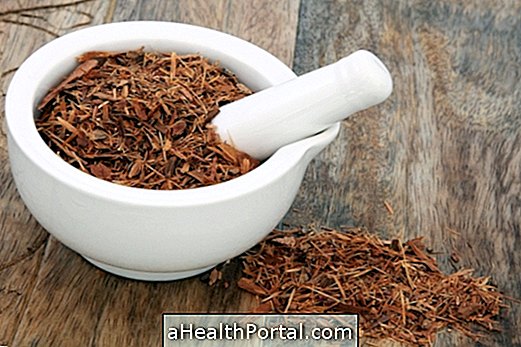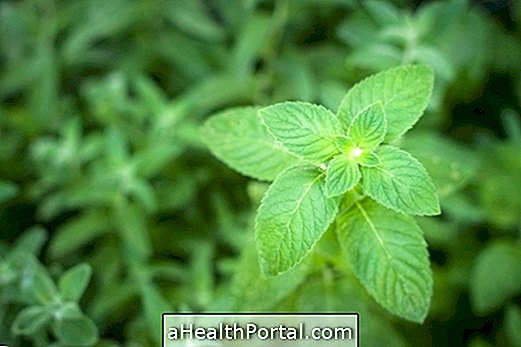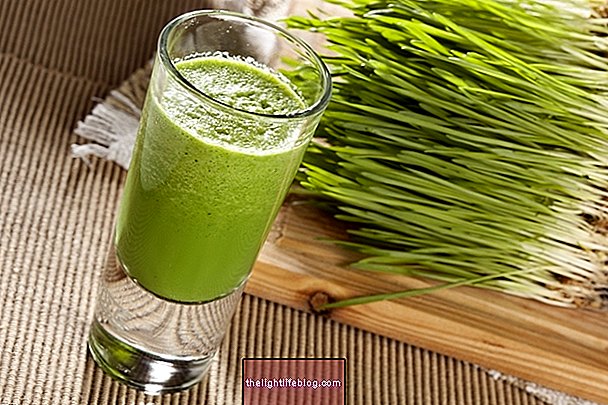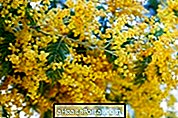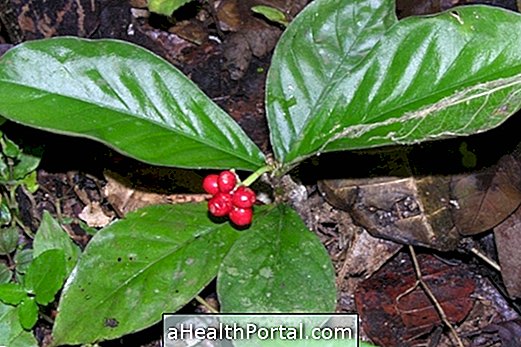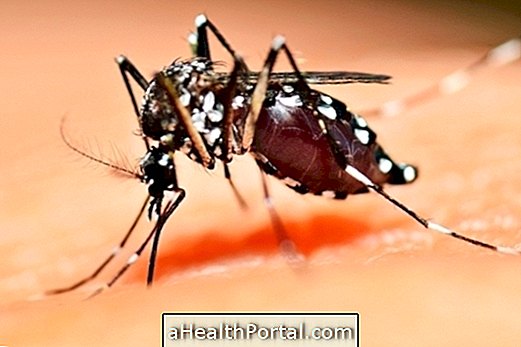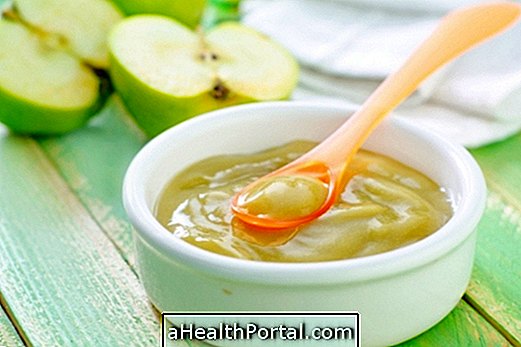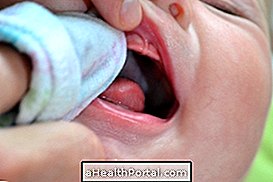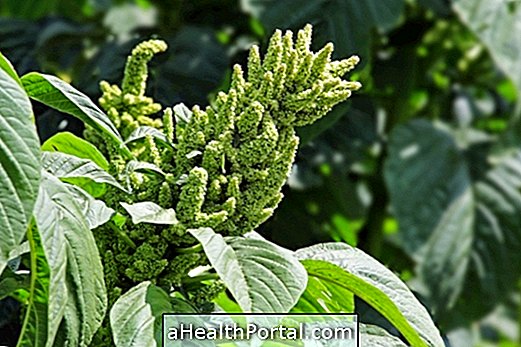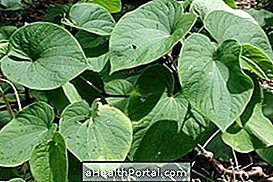Artichoke is used to help treat anemia, atherosclerosis, diabetes, heart disease, fever, liver, weakness, gout, hemorrhoids, hemophilia, pneumonia, rheumatism, syphilis, cough, urea, urticaria and urinary problems.
Artichoke is a medicinal plant, also known as Artichoke-hortense or Common artichoke, much used to lose weight or to supplement treatments, such as: lowering cholesterol, fighting anemia, regulating blood sugar levels and fighting gases, for example.
Its scientific name is Cynara scolymus and can be purchased at natural products stores, handling pharmacies, fairs and some markets.
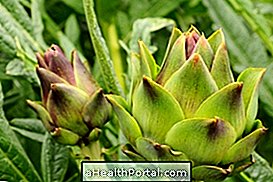

Artichoke Properties
The properties of the artichoke include its anti sclerotic, blood purifying, digestive, diuretic, laxative, anti-rheumatic, anti-toxic, hypotensive and anti-thermal action.
How to use Artichoke
The artichoke can be consumed in natura, in the form of raw or cooked salad, tea or in industrialized capsules.
The artichoke capsules should be consumed before or after the main meals of the day, along with a little water.
- Artichoke tea: put in a cup of boiling water, from 2 to 4 g of the artichoke leaves and let stand for 5 minutes. Strain and drink to follow.
Artichoke Nutrition Information
| Components | Amount per 100g |
| Energy | 35 calories |
| Water | 81 g |
| Protein | 3 g |
| Fat | 0.2 g |
| Carbohydrates | 5.3 g |
| Fibers | 5.6 g |
| Vitamin C | 6 mg |
| Folic acid | 42 mcg |
| Magnesium | 33 mg |
| Potassium | 197 mcg |
Recipe for artichoke gratin
Consuming the artichoke gratin is a delicious way to enjoy the benefits of this medicinal plant.
Ingredients
- 2 artichoke flowers
- 1 packet of sour cream
- 2 tablespoons grated cheese
Method of preparation
To prepare the gratin artichoke, just put all the sliced ingredients in a baking dish and season with salt and pepper. Add the cream last and cover with grated cheese, leading to bake in the oven at 220ºC. Serve when golden brown.
Side Effects of Artichoke
There were no side effects of the artichoke.
Contraindications of artichoke
Artichoke is contraindicated for individuals with obstruction of the bile duct during pregnancy and breastfeeding.

